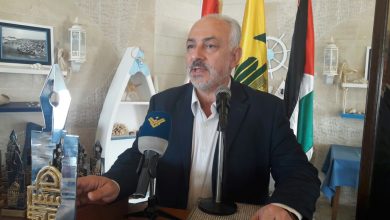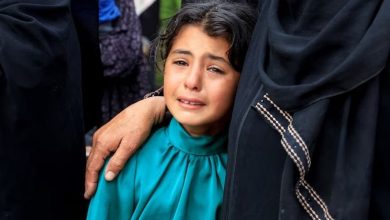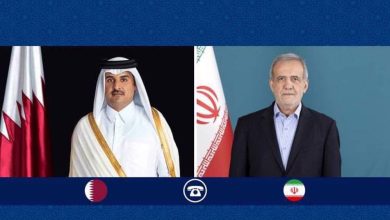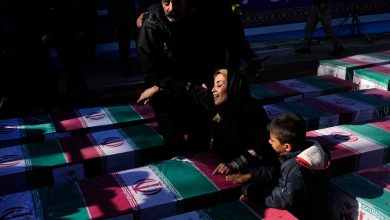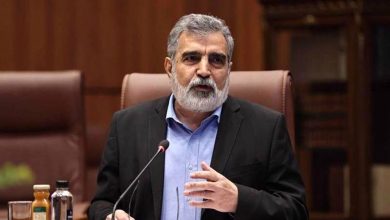Iran’s Foreign Minister has designated Raouf Sheibani to serve as the special envoy for Syria
Iran's Foreign Minister, Abbas Araghchi, has designated experienced diplomat Mohammad Reza Raouf Sheibani as his special envoy for Syria.
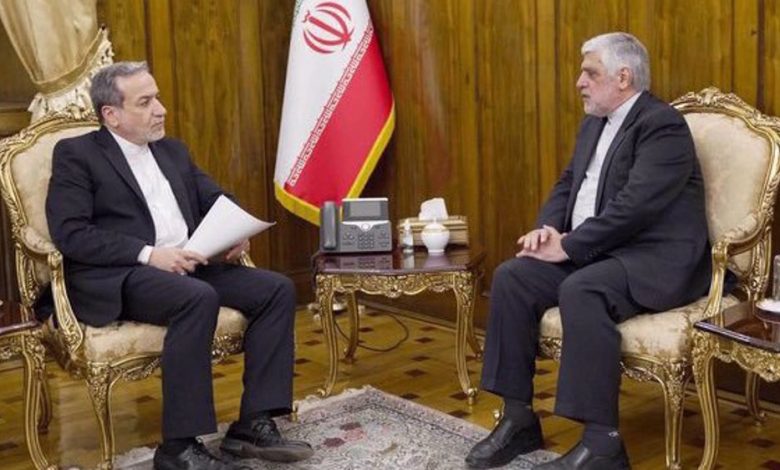
On Sunday, Araghchi announced the appointment of Raouf Sheibani, a seasoned diplomat with ambassadorial experience in Syria, Lebanon, and Tunisia, to provide him with regular updates on the evolving situation in the Arab nation.
In his statement, Araghchi underscored the significance of Syria as a key nation within the West Asia region. He highlighted Iran’s commitment to upholding Syria’s territorial integrity and affirmed the Syrian people’s right to self-determination, free from external intervention.
In a statement emphasizing the primacy of Syrian sovereignty, the foreign minister declared that the determination of Syria’s future lies in the hands of its citizens. He further noted that Iran will adjust its diplomatic relations with any resultant governing body in Syria, contingent upon its representativeness and adherence to the aspirations of the Syrian populace.
Iran will engage with Syria’s new leadership in line with international laws and regulations, guided by mutual respect and shared interests, stated Deputy Foreign Minister Abbas Araghchi. He highlighted that regional stability and security hinge on collaboration and consensus among neighboring nations.
Araghchi emphasized that it is a “principled policy” of Iran to sustain and strengthen ties with neighboring and Islamic nations, in accordance with international law and the United Nations Charter.
Syria’s future has been cast into uncertainty after armed militants, spearheaded by Hayat Tahrir al-Sham (HTS), toppled the government of President Bashar al-Assad on December 8 in a swift and decisive offensive.
The HTS leadership, once aligned with al-Qaeda but having cut associations several years prior, has committed to establishing a government that includes diverse representation and safeguards the rights of Syria’s religious and ethnic minorities.
Iran, having been involved in an advisory capacity in Syria at the behest of President Bashar al-Assad’s administration to address terrorism, has voiced apprehensions regarding the potential revival of terrorist factions within the country. This includes dormant cells associated with al-Qaeda and ISIS, which could have significant ramifications for regional stability.
Iran has issued a warning, stating that Israel is exploiting ongoing chaos to establish a presence in Syria. This follows the movement of Israeli forces into and beyond a designated demilitarized zone along the Syrian border.
For several years, Israel has conducted airstrikes within Syrian territory, typically without formal admission of such military actions. However, following the decline of President Bashar al-Assad’s regime, Israel has taken a more transparent stance, explicitly acknowledging its efforts to target military installations and personnel in the region.
Iran has stated that the prospect of forming any future relations with the new leadership in Syria will depend on their withdrawal from any affiliations with Israel.



